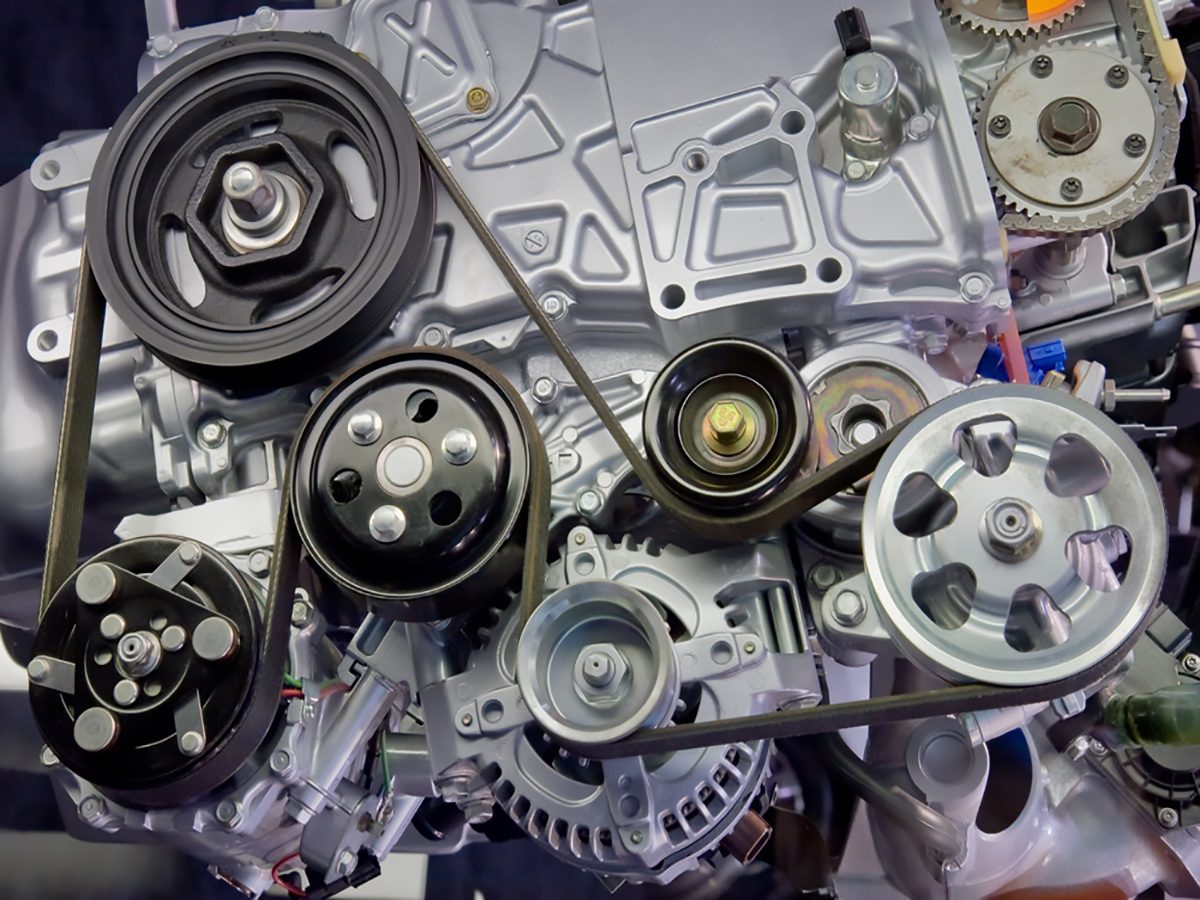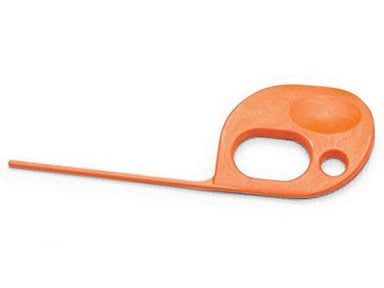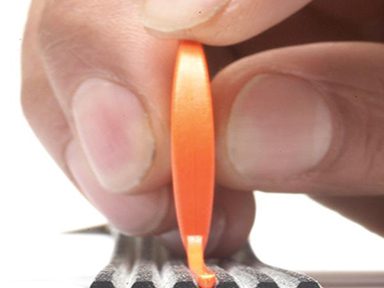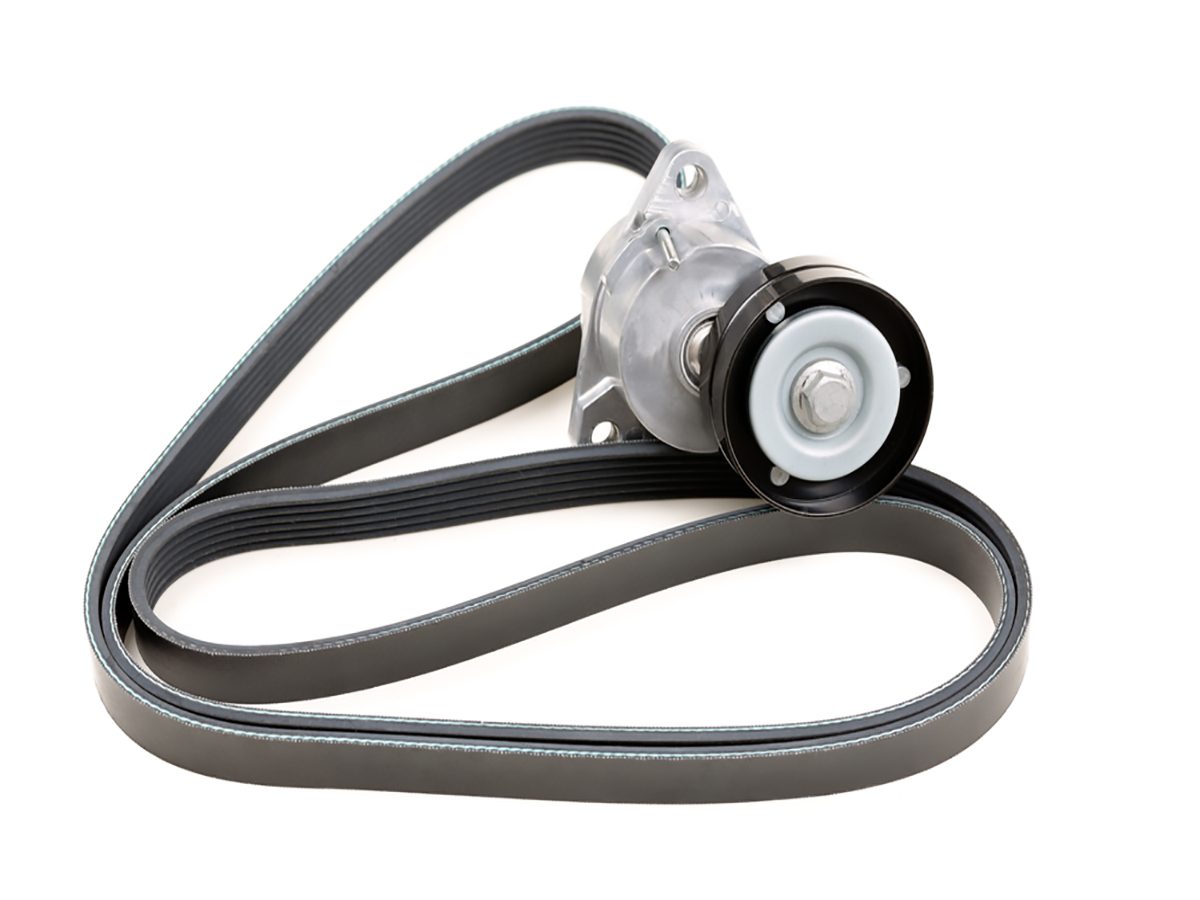
Checking a serpentine belt for wear
Starting in 2000, some carmakers began installing a new kind of serpentine belt made of ethylene propylene diene monomer (EPDM). The new belts last much longer and handle the heat better than the older neoprene formulations. That means fewer belt changes over the life of your vehicle. In fact, EPDM can go almost 160,000 kilometres between changes! But since EPDM doesn’t crack like the old neoprene belts, you can’t do a visual check.

Use a belt wear gauge
The only way to gauge belt wear is with-you guessed it-a belt gauge. DIYers can get a free belt wear gauge at www.gatesbeltwear.com.

Measure your serpentine belt’s grooves
The gauge measures groove depth to determine wear. Lay the wear gauge in the ribs on the serpentine belt and run your finger across them. If the gauge sits flush with the top of the ribs, the belt is worn out.

Don’t be fooled by low-price belts
If it’s time to chuck your EPDM belt, replace it with the same kind. Don’t be fooled by low-price belts. They’re usually made from neoprene. Also, if your car has a neoprene belt and it’s cracked, consider replacing it with EPDM.
Check out more do-it-yourself car maintenance tips!
Explore Reader’s Digest Cars.